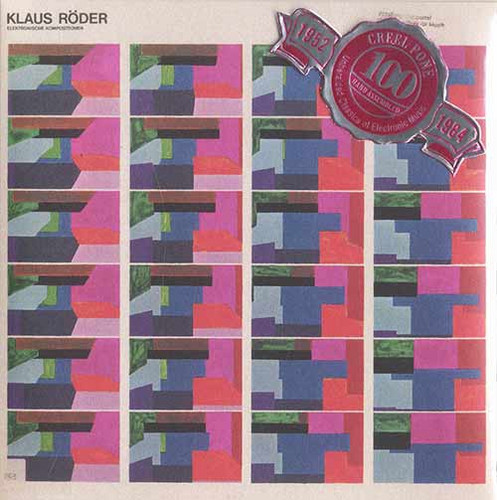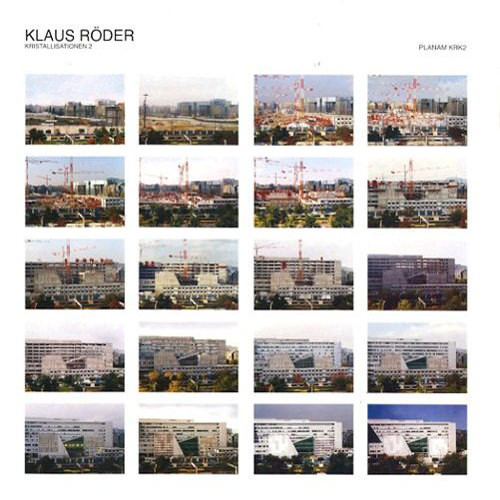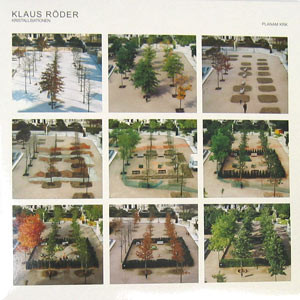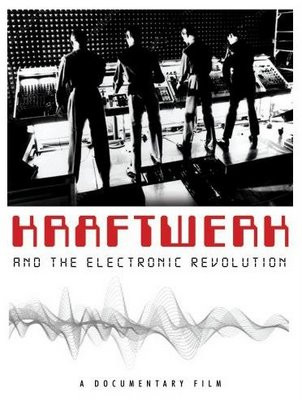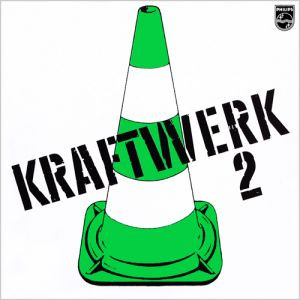Kraftwerk
The story of Kraftwerk is the story of how electronic music has influenced modern music. When an avantgarde German band called Organisation trimmed down to a two-piece and reinvented themselves as Kraftwerk, they set in motion a train of events which introduced a whole new language into popular culture. Ralf Hütter and Florian Schneider Esleben has pushed electronic music further than anyone ever thought possible - pre-dating electro, house, ambient and techno by more than two decades. They are, quite simply, the most influential pop group of the late 20th century.
The story of Kraftwerk is the story of how electronic music has influenced modern music. When an avantgarde German band called Organisation trimmed down to a two-piece and reinvented themselves as Kraftwerk, they set in motion a train of events which introduced a whole new language into popular culture. Ralf Hütter and Florian Schneider Esleben has pushed electronic music further than anyone ever thought possible - pre-dating electro, house, ambient and techno by more than two decades. They are, quite simply, the most influential pop group of the late 20th century.
Members: Klaus Roeder
Elektronische Kompositionen
Privately released as a pair of LPs in 1981 & 1983, respectively, this set covers the early electro-acoustic work of German composer, guitarist, and electronic percussionist Klaus Röder, a student of Milko Kelemen & Günther Becker’s - more on Becker later in the series - member of the free jazz band Synthesis - along w/ Gerhard Illi ... not to be confused w/ the Arthur Blythe / Olu Dara / David Murray group of the same name - who formed an Electronic Music studio in Solingen to realize his idios…
Live
Founded in 1970 in Dusseldorf, Kraftwerk was the only German band to rise from the so-called 'krautrock' scene to true international stardom. Of course, it was partially their distinct look that set them apart. At a time when long hair and scruffy clothing was the norm for musicians, Kraftwerk cut their hair short and wore handmade suits. And at a time when guitar rock reigned supreme, Kraftwerk did not even have a guitar player. In fact they soon did away with instruments altogether, beco…
Kristallisationen 2
** Edition limited to 420 copies. ** Planam proudly presents the second LP production by Klaus Röder featuring two more pieces from the electronic Kristallisationen series, or “Kristallisation 5” (1993) for microphone recordings of children chimes (played by children), Yamaha TX 802 digital synthesizer and EMS Synthi A analog synthesizer, “Kristallisation 7” (1997) for microphone recordings and computer sounds, as well as “Frozen Sounds” (2002) for electric guitar sounds and computer sounds and …
Kristallisationen
** Edition limited to 300 copies, also including a series of inserts with the diagrams and schedules of the 4 compositions presented on this LP. ** Klaus Roeder is guitar virtuoso an electronic music artist who studied with Kelemen and joined Kraftwerk for their famous "Autobahn" LP. He often works with very small sound particles, whose sound comes from different sources like tearing paper, the voice, a musical instrument, synthesizer or computer sounds. Sound structures are built by joining tog…
Kraftwerk And The Electronic Revolution
As innovative as they are influential, Kraftwerk's contribution to the development of electronic music since their formation in 1970 remains unsurpassed. Having inspired everyone from Bowie to Coldplay, Siouxsie to Radiohead, this bizarre collective have also proven partly responsible for entire genres to develop -- electronica, techno and synth-pop to name but three. This DVD reviews the career and music of Kraftwerk, from their inception in the late 1960s (as pre-Kraftwerk ensemble Organizatio…
2
When the Kraftwerk 2 LP was released, Ralf and Florian had rejoined forces to continue Kraftwerk's music ideas. The LP was recorded at their own studio in Düsseldorf (KlingKlang) and the Star Music Studio in Hamburg. It was produced in just seven days between the 26th September and 1st of October 1971. It was co-produced by Conrad (Conny) Plank who once again played an important role. The Kraftwerk 2 album was originally released on the Philips label and is a musical extension of the first Kraft…
